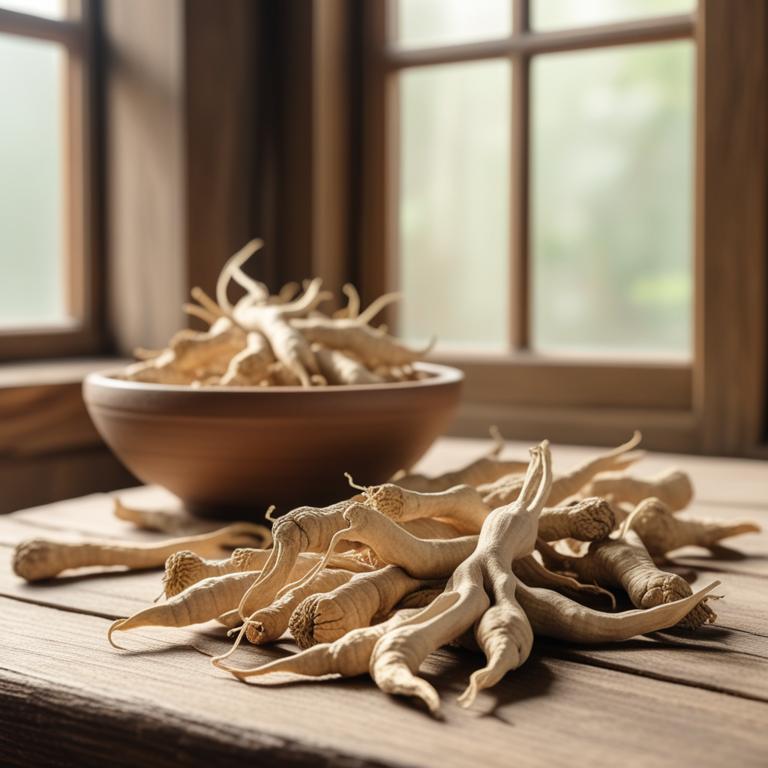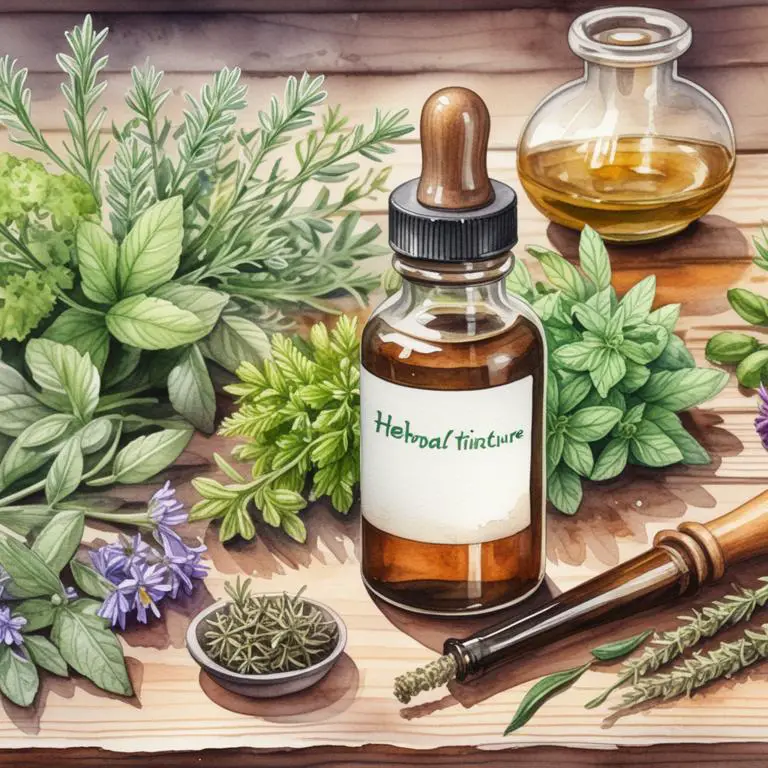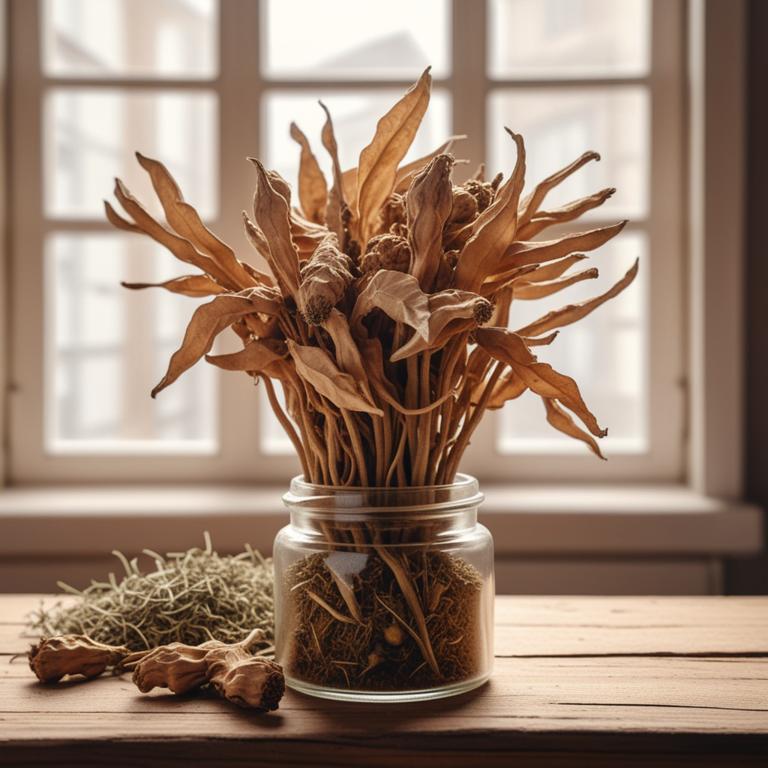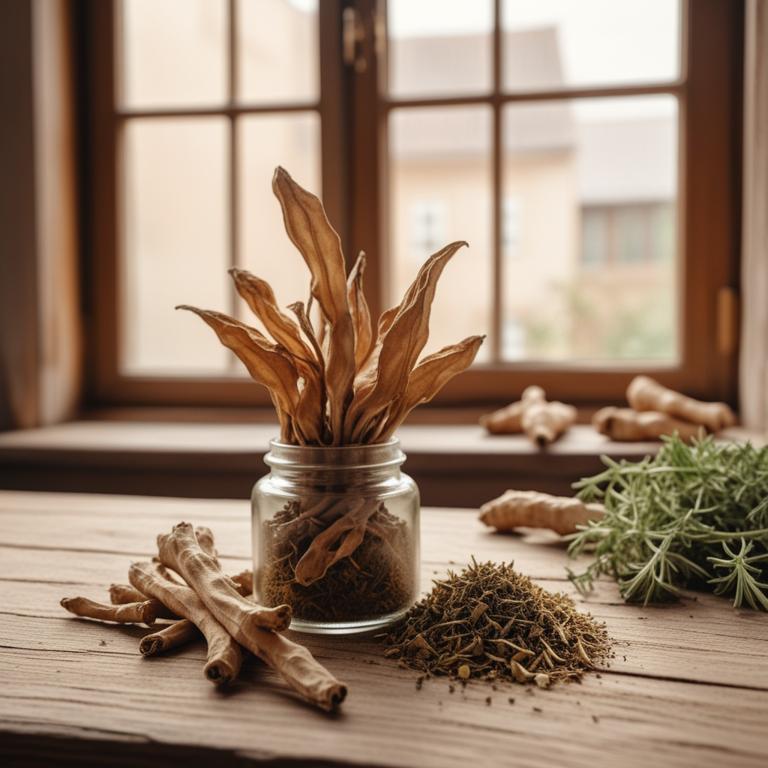Updated: Dec 1, 2024
Restless Leg Syndrome: Understanding the Causes and Using Herbal Preparations
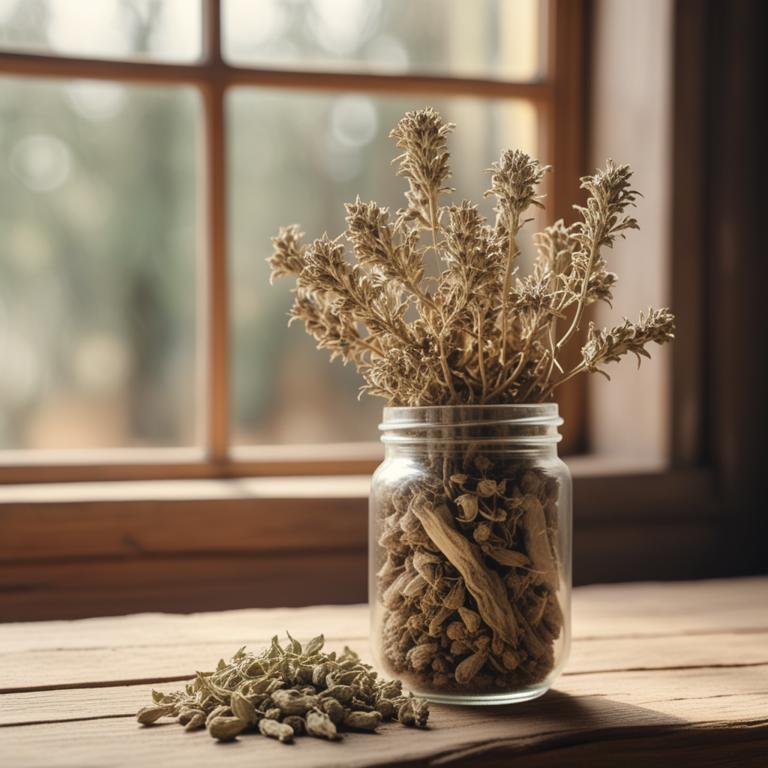
Restless leg syndrome is a condition where people feel an uncontrollable urge to move their legs due to uncomfortable sensations, often at night.
It can disrupt sleep, making it hard to get a good night's rest and affecting daily life. The causes of restless leg syndrome are not fully understood, but it's thought to be linked to iron deficiency, genetics, and certain medical conditions. Some people find relief from restless leg syndrome by using herbal remedies. Herbs like passionflower, valerian root, and lemon balm are known for their calming effects and can help soothe the nervous system.
They can also reduce stress and anxiety, which can contribute to restless leg symptoms. Herbal teas are a popular way to use these remedies. A warm cup of passionflower tea before bed can help calm the mind and body. Valerian root tea is also a popular choice for its sedative properties. Lemon balm tea can be consumed throughout the day to help manage stress and promote relaxation.
These teas can be brewed on their own or combined with other herbs to create a customized remedy.
Table of Contents
- What leads to the development of restless leg syndrome?
- What are the advantages of using herbs for treating restless leg syndrome?
- What are the primary medical herbs used to treat restless leg syndrome?
- What herbal preparations are most frequently used to treat restless leg syndrome?
- What herbs are not recommended for people who have restless leg syndrome?
- FAQ
What leads to the development of restless leg syndrome?
The main causes of restless leg syndrome are various and can be quite different from person to person.
One of the main causes is iron deficiency, where the body doesn't have enough iron to function properly. When the iron level is low, it can cause the brain to send mixed signals to the legs, leading to the uncomfortable sensations and urges to move. Peripheral neuropathy, which is damage to the nerves, is another common cause.
This can be due to many factors, including diabetes, which can damage the nerves over time, especially if the blood sugar levels are not controlled. Kidney disease is also a cause, as it can lead to anemia, a condition where the body doesn't have enough healthy red blood cells. Anemia can cause fatigue, weakness, and, yes, restless leg syndrome. Multiple sclerosis, a condition where the protective covering of the nerves is damaged, can also cause restless leg syndrome.
This is because the damaged nerves can send mixed signals to the brain, causing the uncomfortable sensations and urges to move.
What are the advantages of using herbs for treating restless leg syndrome?
Using herbs for restless leg syndrome can be really helpful.
These herbs can reduce the feelings of restlessness and discomfort in your legs. They can also help you relax and fall asleep, which is great for people who have trouble sleeping because of their symptoms.
Some herbs can even help to reduce the frequency and severity of restless leg syndrome episodes, making it easier to manage the condition. Additionally, these herbs are often natural and don't have the same side effects as some prescription medications. This makes them a great option for people who want to try a more natural approach to managing their symptoms.
Some people also find that using herbs helps to improve their mood and reduce stress, which can also contribute to restless leg syndrome.
What are the primary medical herbs used to treat restless leg syndrome?
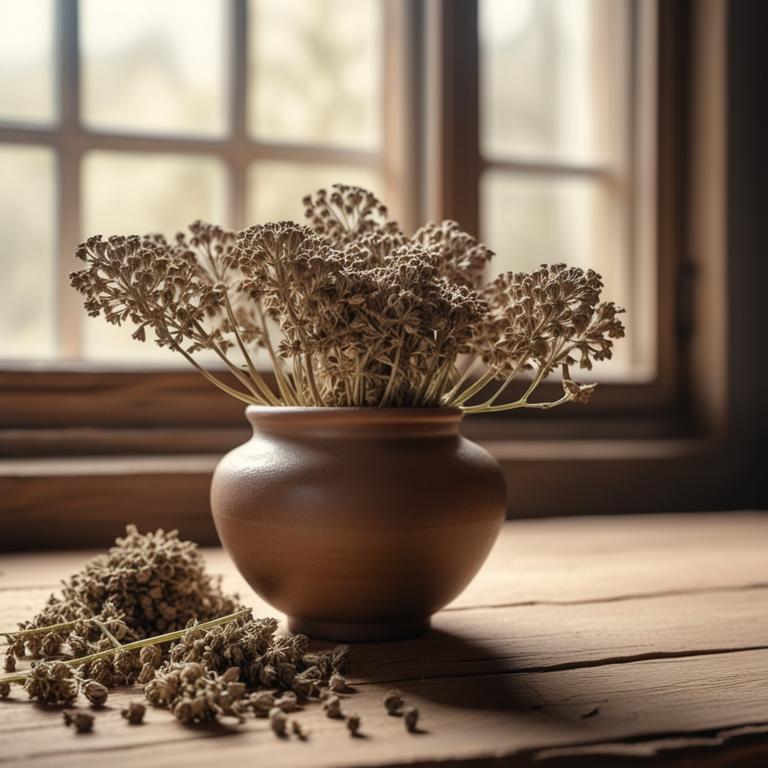
Herbs have been used for centuries to help people with restless leg syndrome (RLS), and they can be a great alternative to medication.
One herb that's often used is Valeriana officinalis, also known as valerian root. It helps to calm the nervous system, which can become overactive in people with RLS, causing the legs to move uncontrollably. Valerian root has a sedative effect, making it easier to fall asleep and stay asleep. Another herb that's often used is Passiflora incarnata, also known as passionflower. It helps to reduce anxiety and stress, which can trigger RLS episodes. Passionflower has a calming effect on the nervous system, which can help to reduce the urge to move the legs. It's also been shown to be effective in reducing the symptoms of RLS in people who experience them. Lavandula angustifolia, or lavender, is another herb that's often used to help with RLS. It has a calming effect on the body and mind, which can help to reduce the symptoms of RLS.
Lavender can be used in aromatherapy, where the scent of the herb is inhaled to help promote relaxation. Ginger, or Zingiber officinale, is another herb that's often used to help with RLS. It has anti-inflammatory properties, which can help to reduce pain and discomfort in the legs. Ginger has also been shown to be effective in reducing nausea and improving digestion, which can be issues for people with RLS. Licorice root, or Glycyrrhiza glabra, is another herb that's often used to help with RLS. It has anti-inflammatory properties, which can help to reduce pain and discomfort in the legs. Licorice root has also been shown to be effective in reducing stress and anxiety, which can trigger RLS episodes. These herbs can be used in a variety of ways, including as teas, capsules, or aromatherapy oils. They can be used on their own or in combination with other herbs to help manage RLS symptoms.
It's always a good idea to talk to a healthcare professional before trying any new herbs, especially if you're already taking medication for RLS.
What herbal preparations are most frequently used to treat restless leg syndrome?

Herbal preparations can be a great way to help manage restless leg syndrome.
A tincture of passionflower is often used to calm the nervous system and reduce anxiety, which can contribute to RLS symptoms. Passionflower tincture can be taken in a few drops, usually added to water or another liquid. Herbal capsules are another option. They contain a concentrated dose of the active ingredients from plants like valerian root, which is known for its ability to promote relaxation and reduce muscle tension. Taking a valerian root capsule before bedtime can help improve sleep quality, which is often disrupted by RLS. A decoction of chamomile is a soothing drink that can help calm the mind and body.
Chamomile is a natural relaxant that can reduce stress and anxiety, making it easier to fall asleep and stay asleep. Drinking a warm chamomile decoction before bed can be very relaxing. Herbal tea is another way to get your daily dose of calming herbs. A tea blend of lemon balm and lavender can promote relaxation and reduce anxiety, while also improving sleep quality. Drinking a cup of herbal tea before bed can be a great way to unwind and prepare for a restful night's sleep. Finally, a topical cream of arnica can be applied directly to the affected area to reduce muscle tension and inflammation.
Arnica is a natural anti-inflammatory that can help soothe sore muscles and reduce discomfort, making it easier to fall asleep and stay asleep.
Additional Resources:
- 7 herbal teas for restless leg syndrome
- 11 herbal tinctures for restless leg syndrome
- 11 herbal creams for restless leg syndrome
What herbs are not recommended for people who have restless leg syndrome?
If you have restless leg syndrome, it's best to steer clear of certain herbs that can make your symptoms worse.
For example, Catha edulis, also known as khat, can increase anxiety and jitteriness, which can exacerbate restless leg syndrome. Aconitum carmichaelii, or Chinese monk's hood, is a highly toxic herb that can cause muscle spasms and tremors, which might trigger or worsen restless leg syndrome.
Ephedra sinica, or Ma Huang, contains ephedrine, a stimulant that can lead to increased heart rate and blood pressure, making restless leg syndrome symptoms more severe. Strychnos nux-vomica, or strychnine, is a highly toxic herb that can cause muscle stiffness and spasms, which can be extremely uncomfortable for people with restless leg syndrome.
Cannabis sativa, or marijuana, can increase muscle relaxation and sedation, which might seem beneficial, but it can also lead to increased restlessness and anxiety, making restless leg syndrome symptoms worse.
FAQ
Are there any specific herbs that can prevent restless leg syndrome?
Some people find relief from restless leg syndrome with valerian root, which helps calm the nervous system.
Another herb, passionflower, can also ease symptoms. Both herbs are known for their soothing effects on the body.
They work by promoting relaxation and reducing muscle tension, which can help alleviate restless leg syndrome symptoms.
Is it safe to use herbal remedies for restless leg syndrome during pregnancy?
If you're pregnant and dealing with restless leg syndrome, you might be tempted to try herbal remedies.
However, it's best to be cautious. Some herbs, like valerian and passionflower, can interact with pregnancy hormones. While they're generally considered safe, their effects on the developing baby aren't well understood.
It's a good idea to talk to someone about the risks and benefits.
Are there any herbs that can reduce the frequency of restless leg syndrome?
Some people find that certain herbs, like valerian root and passionflower, can help ease restless leg syndrome.
Valerian root is known for its calming effects, while passionflower is often used to reduce anxiety and stress.
These herbs might help reduce symptoms, but it's unclear how well they work.
Can i combine different herbal remedies for restless leg syndrome?
Combining herbal remedies for restless leg syndrome can be tricky.
Some herbs, like valerian root and passionflower, can interact with each other and make you feel drowsy. If you're considering combining herbs, start with a small amount and see how your body reacts.
This will help you find a safe and effective combination.
Related Articles
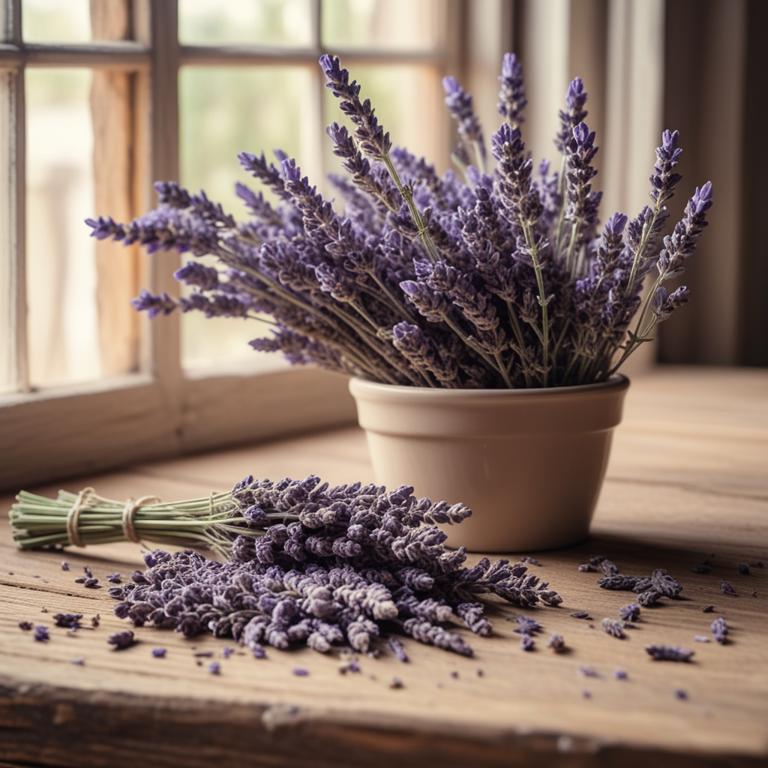
Natural Remedies for Sleep Deprivation: Causes, Medicinal Herbs, and Herbal Preparations
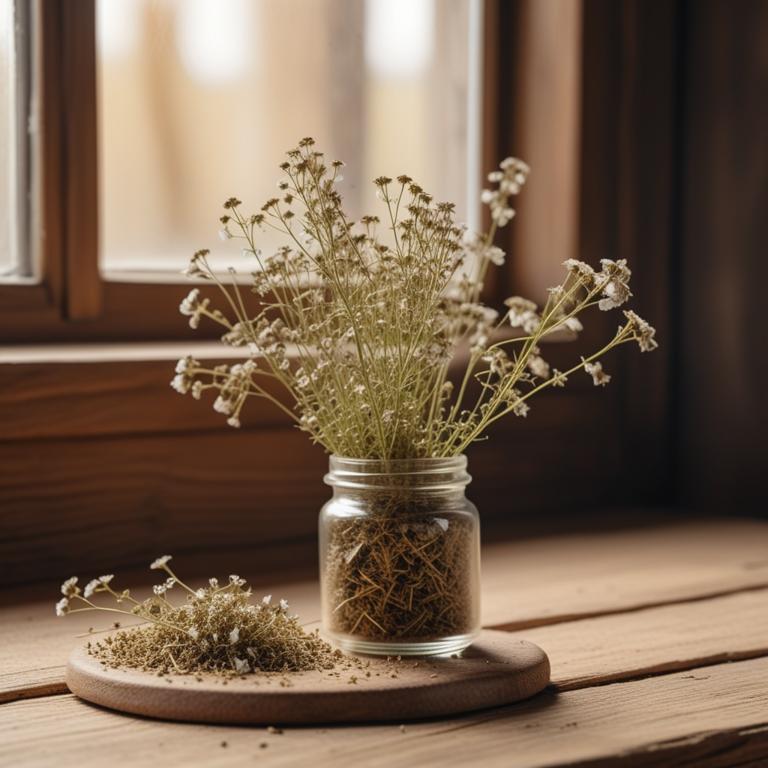
Sore Eyes Treatment with Medicinal Herbs and Herbal Preparations
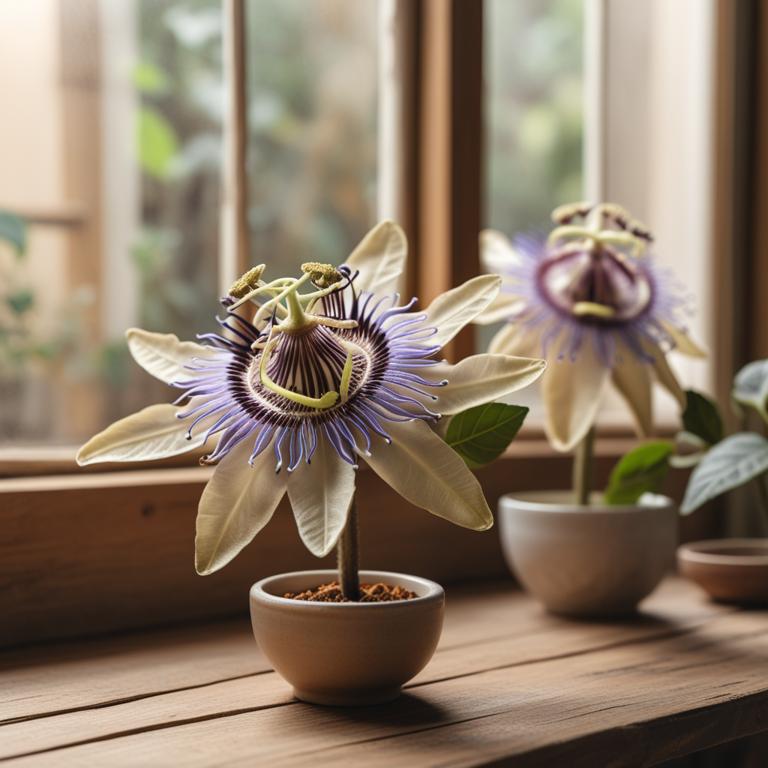
Nerve Pain and Herbal Preparations: Understanding Causes and Natural Relief
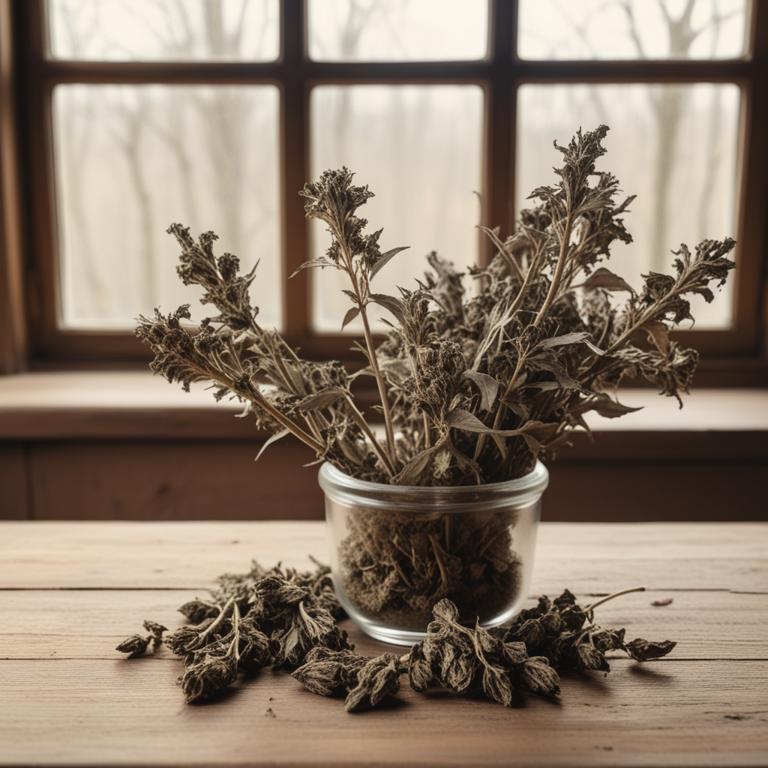
Taste Loss: Causes, Medicinal Herbs, and Herbal Preparations for Prevention
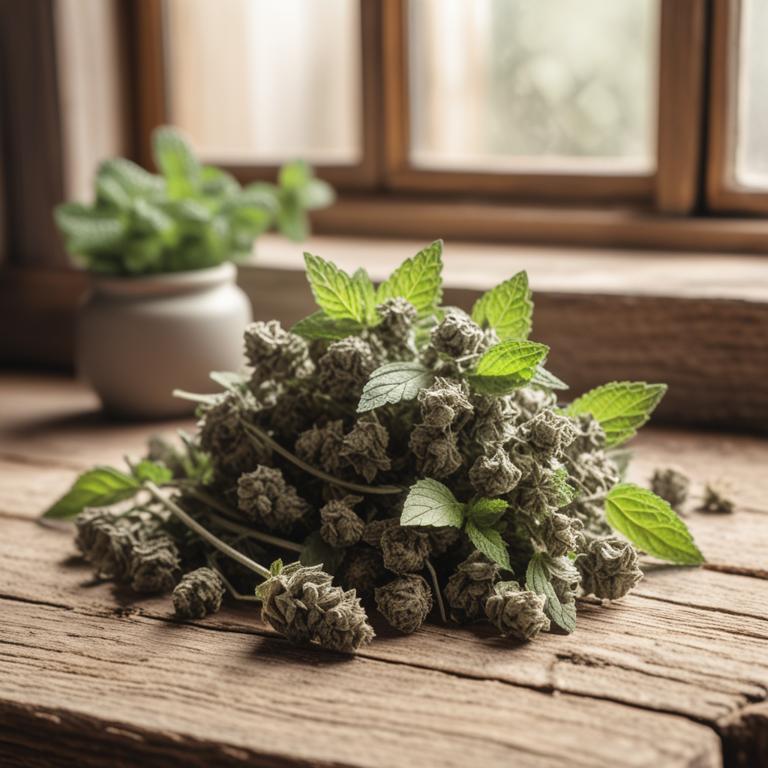
Migraine: Understanding the Causes and Herbal Remedies
